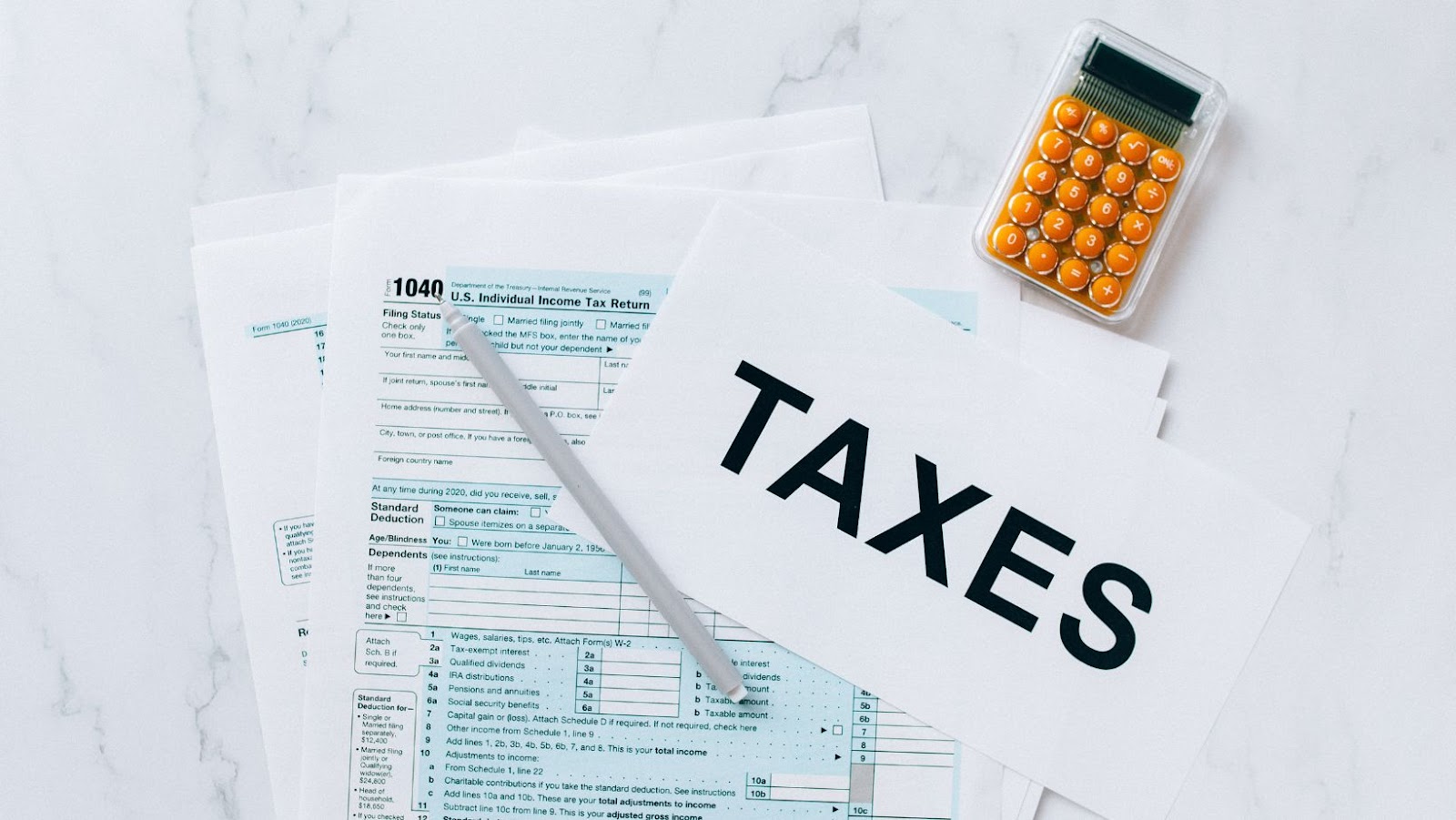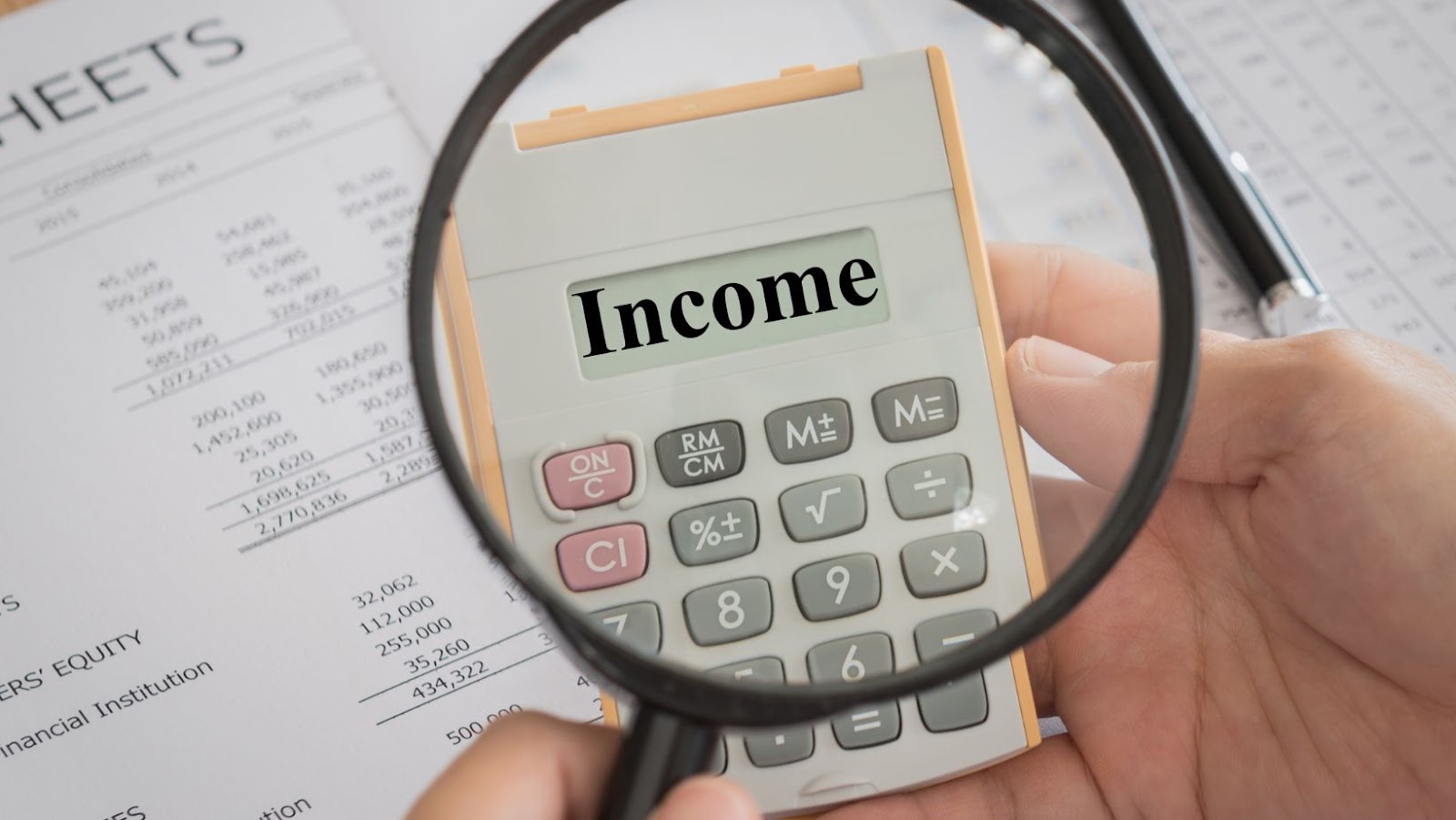
Do I Have to Pay Taxes on Rental Income if I Have a Mortgage: Explained
If you’re renting out a property and you have a mortgage on it, you may wonder whether you need to pay taxes on the rental income. The answer is yes, you generally do need to pay taxes on rental income, even if you have a mortgage on the property.
The fact that you have a mortgage on the property doesn’t affect your tax liability on rental income. Regardless of whether you have a mortgage or own the property outright, rental income is considered taxable income by the Internal Revenue Service (IRS). You’ll need to report the income on your tax return and pay taxes on it accordingly.
That being said, having a mortgage on a rental property could affect your tax situation in other ways. For example, you may be able to deduct the interest you pay on the mortgage from your rental income, which can reduce your overall tax liability. In any case, it’s important to consult with a tax professional to ensure that you’re reporting your rental income accurately and taking advantage of any deductions or credits that you’re eligible for.
Do I Have to Pay Taxes on Rental Income If I Have a Mortgage
If you’re wondering, “do I have to pay taxes on rental income if I have a mortgage?” the short answer is yes, you do. Rental income is considered taxable income by the IRS, regardless of whether you have a mortgage or not. However, there are several factors that may impact your tax liability when it comes to rental income and mortgages.
Here Are a Few Key Things to Consider
– Mortgage Interest Deduction: One potential tax benefit of having a mortgage is that you may be able to deduct the interest you pay on it from your taxable income. This applies to both your primary residence and any rental properties you own. However, there are limitations to how much you can deduct, and you must itemise your deductions in order to take advantage of this benefit.
– Depreciation: Another potential tax benefit of owning rental property is depreciation. This allows you to deduct a portion of the cost of the property each year for a set period of time. However, there are rules around how much you can deduct, and you’ll need to recapture this depreciation if you sell the property at a profit.
– Rental Losses: If your rental expenses exceed your rental income for the year, you may be able to deduct those losses from your taxable income. However, there are limitations to this as well, and you must actively participate in managing the rental property in order to take advantage of this benefit.
– Other Expenses: There are a variety of other expenses associated with owning rental property that may impact your tax liability. These can include repairs and maintenance, property management fees, and insurance premiums. It’s important to keep track of these expenses and to ensure that you’re taking advantage of any deductions or credits that may be available to you.
Ultimately, the tax implications of owning rental property with a mortgage can be complex, and it’s important to consult with a tax professional to ensure that you’re taking advantage of all available benefits while staying compliant with IRS regulations.
Many rental property owners wonder if having a mortgage affects their tax obligations on rental income. The simple answer is no, having a mortgage does not exempt you from paying taxes on rental income. Rental income is considered taxable income by the IRS, regardless of whether you have a mortgage or not.
Understanding Rental Income Taxes And Mortgages
However, there are certain tax deductions that could help you minimise your tax obligations on rental income if you have a mortgage. Here are some ways to do it:
– Deduct mortgage interest: If you have a mortgage on your rental property, you can deduct the interest you pay on the loan from your rental income. This deduction can significantly reduce your taxable rental income and lower your tax bill.
– Claim depreciation: Another tax deduction that can help minimise your tax obligations on rental income is depreciation. You can depreciate the cost of your rental property over several years, which allows you to deduct a portion of the property’s value as a depreciation expense each year.
– Write off rental expenses: Keeping track of your rental expenses, such as property maintenance, repairs, and supplies, is another way to minimise your tax obligations. You can deduct these expenses from your rental income, which will reduce your taxable income and lower your tax bill.
It’s important to note that rental income and tax rules can be complex and vary depending on your individual circumstances. Working with a tax professional or using specialised tax software can help you ensure you’re properly reporting and taking advantage of all the deductions you’re entitled to.
Overall, having a mortgage does not exempt you from paying taxes on rental income. However, you can use deductions like mortgage interest, depreciation, and rental expenses to minimise your tax obligations and keep more of your rental income in your pocket.
Consulting a Tax Professional for Specific Guidance
If you’re still uncertain about your tax obligations related to rental income if you have a mortgage, consulting a tax professional would be a wise decision. Tax laws can be complex and vary depending on the situation, so it’s essential to get the right advice to ensure you comply with the law while maximising your tax benefits.
A tax expert can review your specific situation, including the terms of your mortgage and the rental income you receive. They can guide you on how to complete your tax return accurately while taking advantage of all the deductions and credits available to you.
Additionally, a tax professional can inform you of state and local tax obligations, including whether you need to register for any licences or permits as a landlord. This can be especially helpful if you have rental properties in multiple locations.
Overall, while online resources and general advice can give you a good starting point on your tax obligations, there is no substitute for a customised consultation with a tax professional who can provide specific guidance tailored to your unique circumstances.








